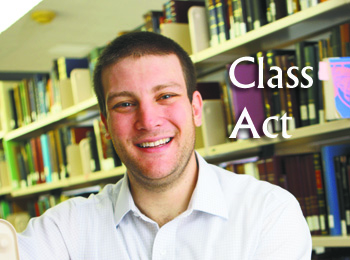Waiting for the train at a Singapore subway station, a young, smiling Asian woman asked if she could take a picture with our daughter. We weren’t surprised – it must have been the 10th time someone asked to take a picture with our bubbly, blond-haired, blue-eyed two-year-old. In Singapore she was treated as a celebrity and approached like Mickey Mouse at Disney World. The woman took the picture, thanked us and walked away smiling as she reviewed the picture on her phone.
Travelling in Singapore was the first time I felt like a minority.
In Singapore, majority culture is a misnomer. Walking the downtown streets in mid-November, endless rows of stores and malls were already decked out for Christmas. Electronic reindeer and Santas adorned the shops, Christmas trees were decorated and holiday greetings were in neon lights. And yet few Singaporeans are Christian. Christmas shopping has become a universal norm.
Being a minority can at once be empowering and estranging.
At this time of year, we confront the “December dilemma:” How do we react to young Jewish children who envy their friends’ celebration of Christmas? Often we say, “Christmas is for Christians, Chanukah is for Jews,” and “Christmas is only one day, but Chanukah lasts eight nights!” But these arguments don’t hold much water. No matter how much longer Chanukah may be (or how many more gifts a Jewish child may be entitled to), the celebration of Christmas permeates throughout the shopping season in ways Chanukah can’t (and, perhaps, shouldn’t).
In jest, my Facebook wall is filling with pictures of friends’ children sitting in the laps of shopping mall Santas (often wearing a Chanukah shirt). We, and the media, have promoted Chanukah to be the Jewish minority’s response to Christmas – a task at which it cannot succeed.
Saying Chanukah is for the Jews can only be part of the response. In order to shape a strong Jewish identity, we must invest in Chanukah and in Purim and in Passover and in Rosh Hashanah and in Sukkot and in Shabbat and in Israel and in tikkun olam and in all the other aspects of Judaism that shape our identity. Devoid of a strong, pre-existing sense of self, Chanukah cannot be an inoculation against the overwhelming presence of Christmas.
Similarly, Judaism cannot be a reaction to majority culture. We cannot light a chanukiyah because our neighbours are decorating their tree or give Chanukah presents because our neighbours have wrapped boxes sitting under the tree. Doing so undermines the meaning of our holiday and what sets us apart from majority culture.
My daughter is too young to understand why so many people bent down to take a picture with her. If anything, she enjoyed the attention of strangers and the opportunity to say “cheese.” As she grows up as a Jew in Canada, however, the questions of minority identity will shift. She will ask about Christmas and parties on Friday nights. She will question going to shul and keeping kosher.
The “December dilemma” is a misnomer. While the Christmas carols playing in malls highlight the issue, forming a strong minority identity is a year-round challenge.
